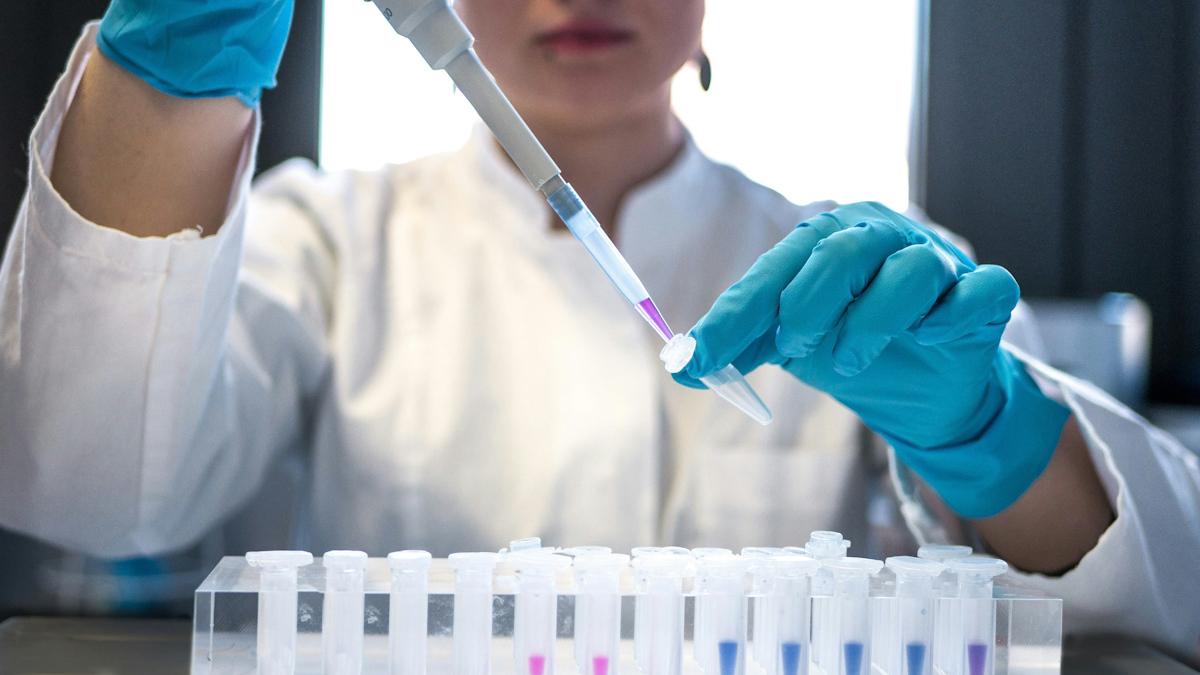Mega biotech Centessa beams up ex-Warp Speed science chief Slaoui

Operation Warp Speed's former science chief Moncef Slaoui is to lead research at a new mega-biotech called Centessa, formed by the merger of 10 privately-held life science startups.
President Joe Biden asked Slaoui to step down as chief scientific adviser to the US COVID-19 vaccine initiative after the White House administration changed late last month and the former GlaxoSmithKline research chief wasted no time in finding a new project.
Centessa is headquartered in Cambridge, Massachusetts and with $250 million in Series A funding will be led by CEO Saurabh Saha, formerly global head of translational medicine at Bristol-Myers Squibb.
But it’s the appointment of Slaoui as chief scientific advisor that’s attracting headlines, with an R&D approach that looks to be inspired by his time in charge of research at GlaxoSmithKline.
Slaoui rose through the ranks at the big UK pharma and was appointed head of the company’s vaccines division in 2009, leaving in 2017 when Emma Walmsley took over as CEO at GSK.
While he was at GSK the company favoured an approach to research where specialist teams were organised into “mini biotechs” focused on their projects with oversight led by president of R&D Patrick Vallance.

Moncef Slaoui
Centessa has a similar approach, with each biotech working almost autonomously on a project already validated and ready for further development.
Slaoui came on board through his links with Medicxi the biotech investor he joined after he stepped down from his GSK role in 2017.
Centessa brings together 10 companies from Medicxi’s portfolio with 15 "high conviction" projects led by experienced teams.
Each subsidiary is led by industry experts with knowledge of the biological pathways that underpin the drugs being researched.
The startups are already set up and will continue to advance their projects with guidance from Centessa.
The Centessa Subsidiaries are comprised of ApcinteX, Capella BioScience, Janpix, LockBody, Morphogen-IX, Orexia Therapeutics, Palladio Biosciences, PearlRiver Bio, Pega-One and Z Factor.
Projects include potential treatments for haemophilia, idiopathic pulmonary fibrosis, various kinds of cancer, pulmonary arterial hypertension, narcolepsy, kidney disease and the rare disease alpha-1-antitrypsin deficiency.
Francesco De Rubertis, co-founder and partner at Medicxi and chairman of the Centessa Pharmaceuticals board of directors, said: “With this first-of-its-kind model, we are bringing together programmes with robust genetic and biological validation under one new pharmaceutical company that provides centralised resources to enable and empower asset-focused teams to advance highly impactful programs for patients.
“This approach encourages an environment where scientific teams are incentivized to maintain an unwavering focus on advancing medicines to key go/no-go inflection points based on data-driven decisions.”
Slaoui added: “In creating Centessa, we have strategically assembled our subsidiary portfolio to include programmes with strong biological validation, mechanistic diversification, and teams with proprietary capabilities and insights. This high-quality portfolio aims to deliver enhanced diversification, reduced risk and asymmetric upside with a view to withstanding the inherent low probability of success associated with drug development.”













